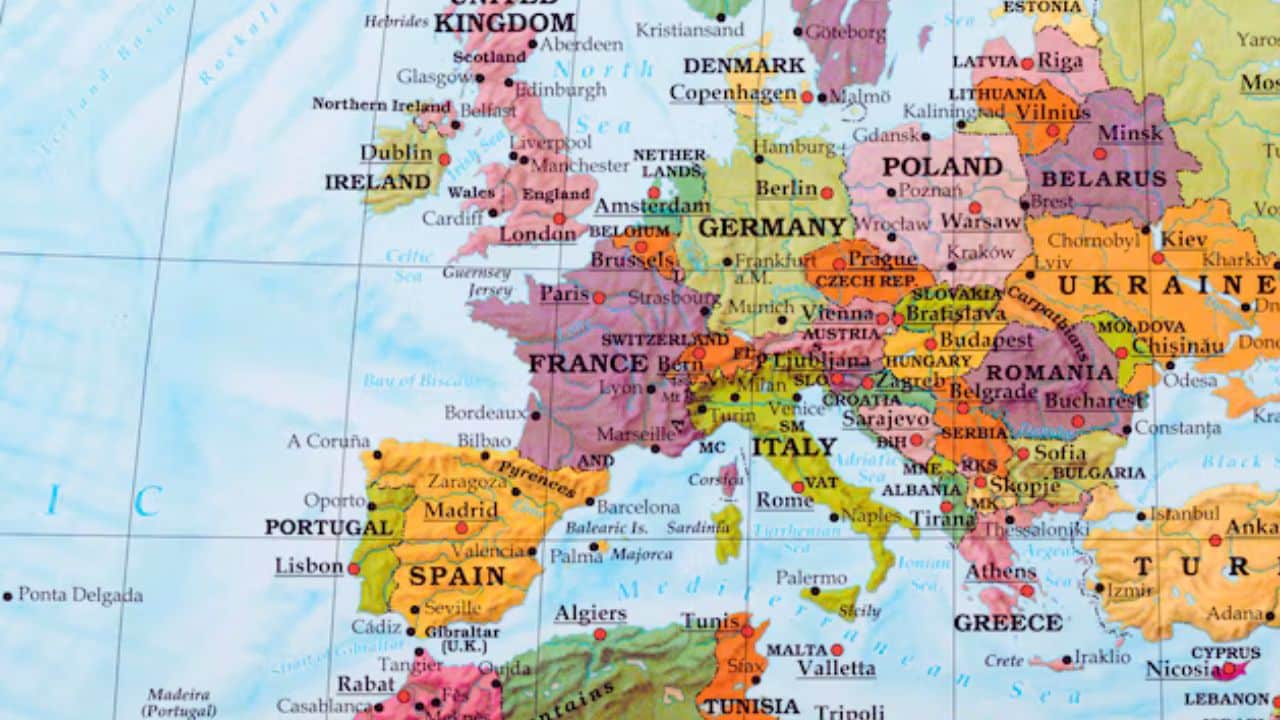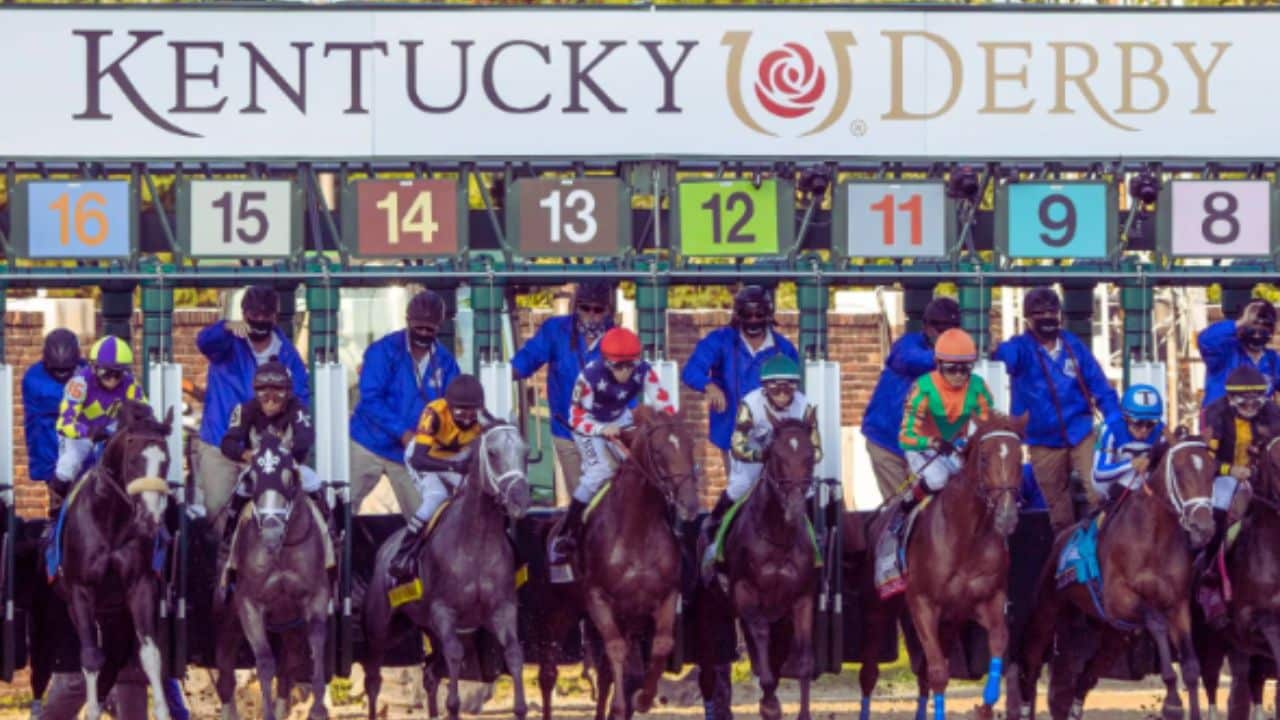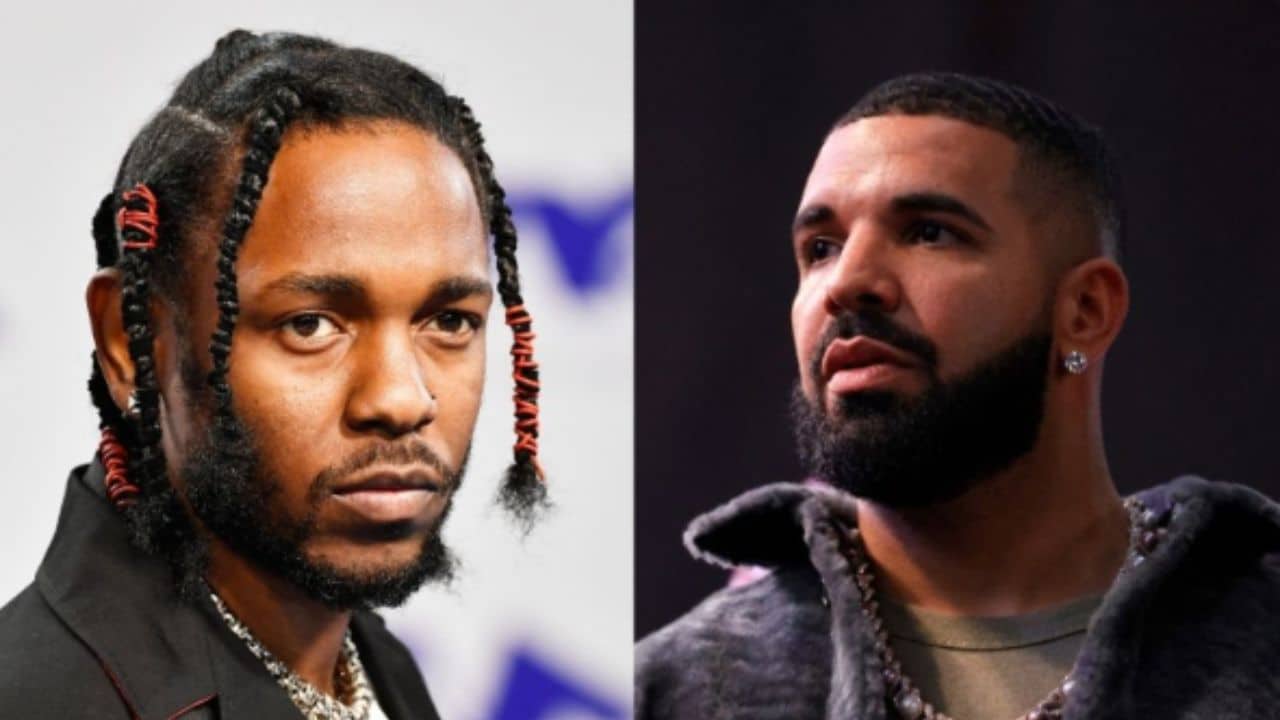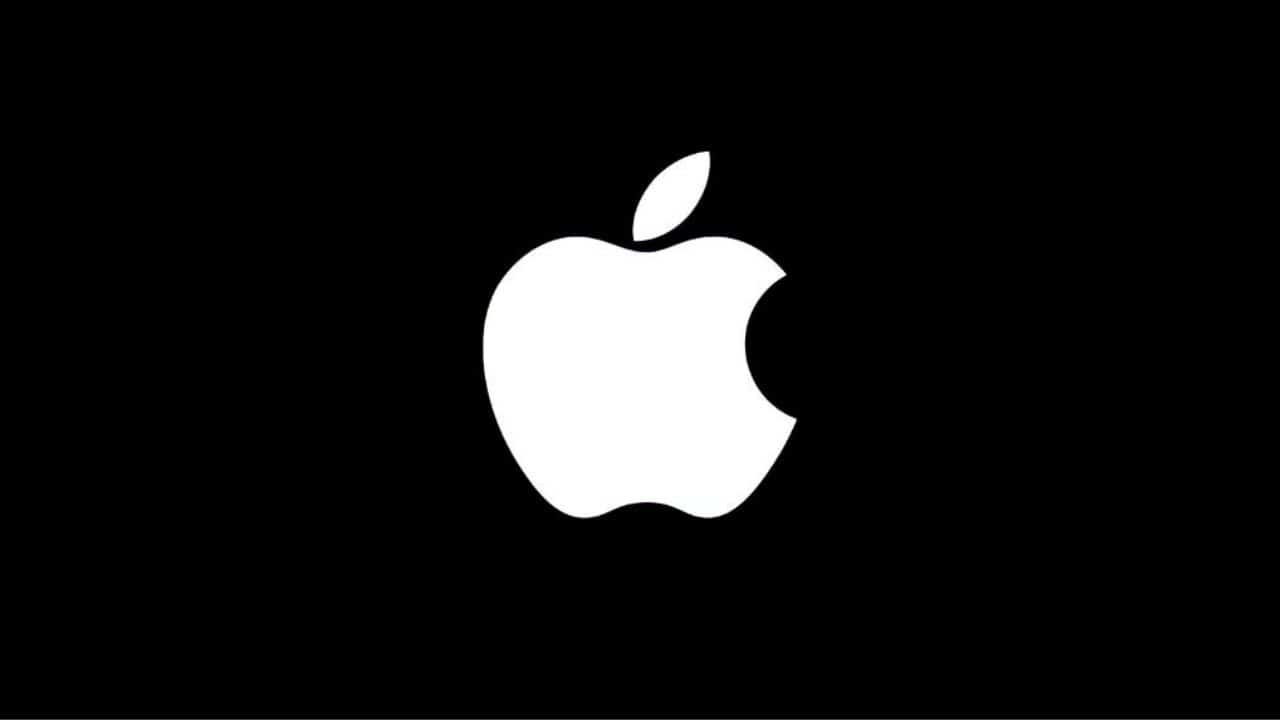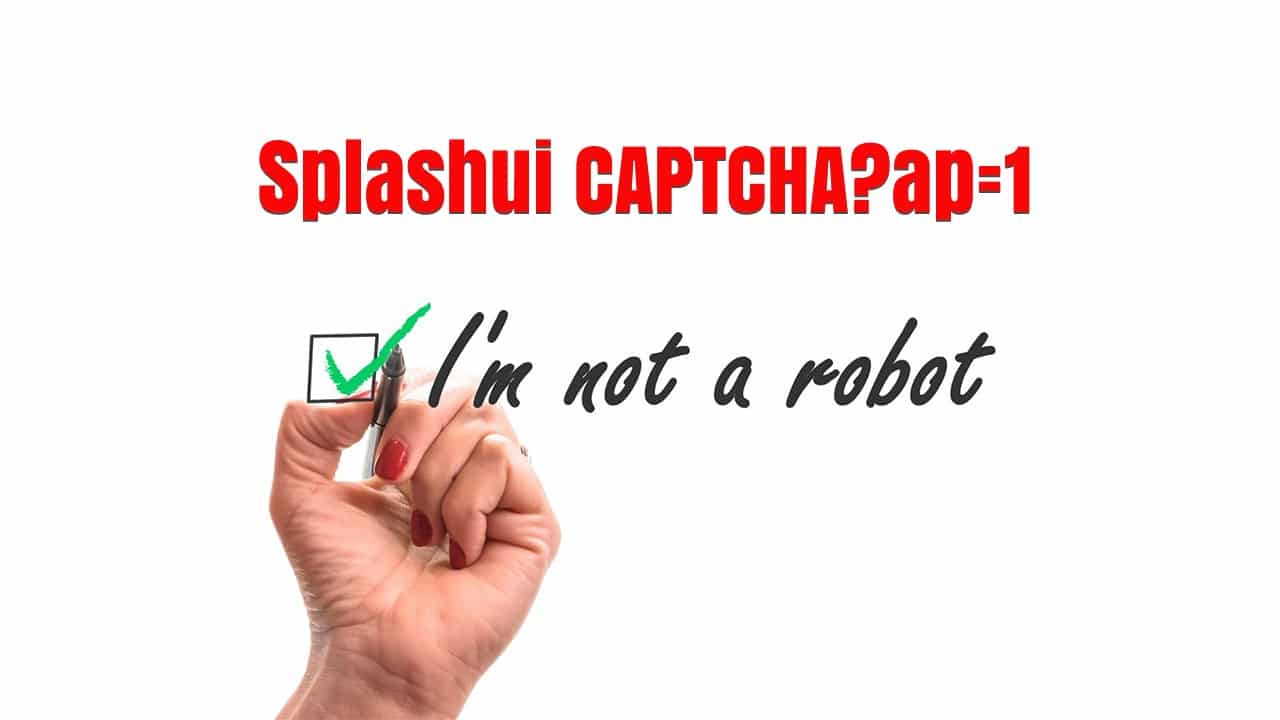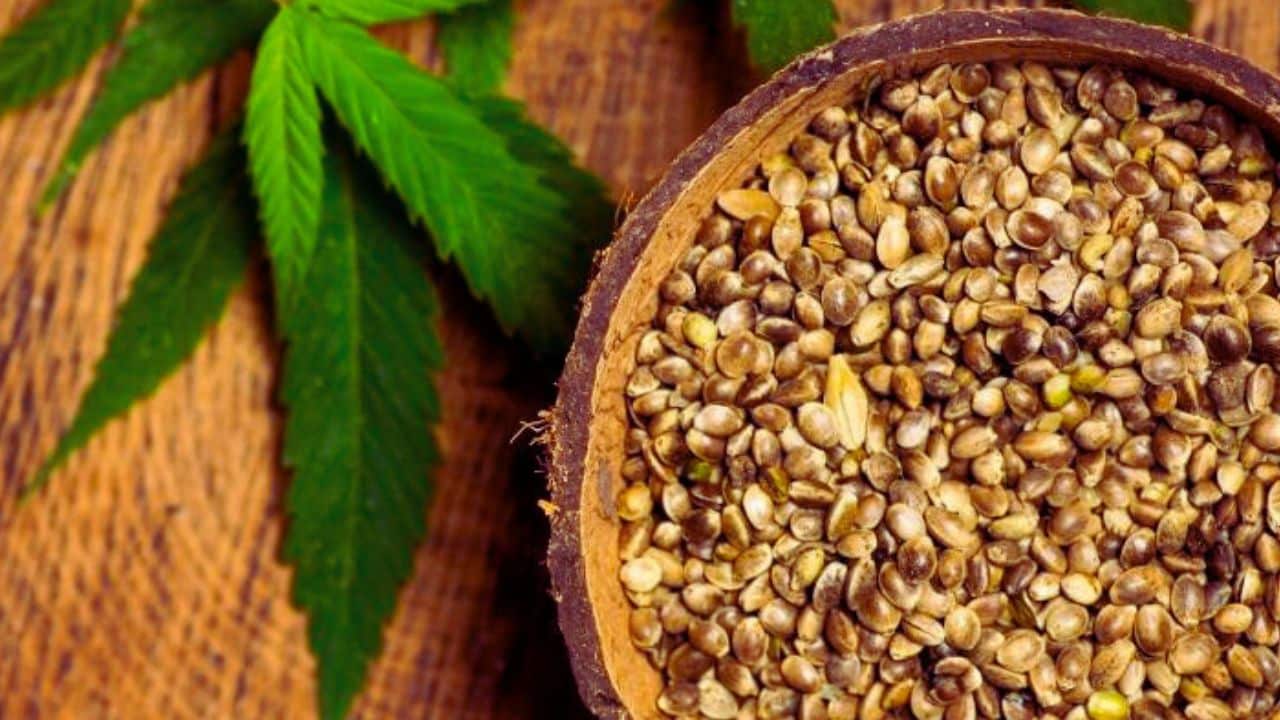Europe is a continent rich in history and culture, with a diverse tapestry of languages, traditions, and, of course, surnames. The most common surnames by country in Europe often reflect the linguistic, historical, and cultural nuances of each nation. Here’s an overview of some of the most common surnames found across European countries and the stories they tell.
United Kingdom: Smith
In the UK, “Smith” is the most common surname, a name of Anglo-Saxon origin. Historically, a “smith” was someone who worked with metal, a vital profession in any medieval village. The ubiquity of the trade is reflected in the prevalence of the surname.
Ireland: Murphy
“Murphy” is an Anglicized version of the Irish name “Ó Murchadha,” which means “descendant of Murchadh.” Murchadh is a personal name meaning “sea warrior,” reflecting the ancient Irish clans’ martial prowess and their connection to the sea.
France: Martin
“Martin” is the most common surname in France. It comes from the Latin name “Martinus,” which is derived from “Mars,” the Roman god of war. The name was popularized by St. Martin of Tours, a 4th-century saint, making it a common baptismal name in the Middle Ages.
Germany: Müller
In Germany, “Müller” (meaning “miller” in English) is the most widespread surname. This reflects the importance of mills in pre-industrial Europe, where they were central to community life for grinding grain into flour.
Italy: Rossi
“Rossi” is the most common Italian surname, translating to “reds” in English. The name likely originated as a nickname for someone with red hair or a ruddy complexion. It’s a prime example of a surname derived from a physical characteristic.
Spain: García
“García” is a very common surname in Spain, with origins that are somewhat unclear. It may derive from a pre-Roman or Basque word meaning “young” or “bear.” It reflects the diverse ethnic and linguistic roots present in the Spanish heritage.
Russia: Ivanov
“Ivanov,” meaning “son of Ivan,” is the most common surname in Russia. “Ivan” is the Russian form of John, a name meaning “God is gracious.” Patronyms, or names derived from the father’s given name, are a common feature in Russian surnames. If you want you can also read- Best Hiking Trails in Europe.
Greece: Papadopoulos
In Greece, “Papadopoulos,” meaning “son of a priest,” is a widespread surname. It reflects the historical significance of the Orthodox Church in Greek society and the practice of priests’ families adopting this surname.
Sweden: Johansson
“Johansson” is the most common surname in Sweden, signifying “son of Johan.” Like Russia, Sweden uses a patronymic system for surnames, reflecting the father’s first name followed by “son” or “daughter” (dotter).
Poland: Nowak
In Poland, “Nowak” is a prevalent surname, meaning “new man” or “newcomer.” It likely originated as a way to denote someone new to a town or village.
Montenegro: Popović
“Popović” translates to “son of a priest” in Serbian and Montenegrin. It is a patronymic surname derived from the word “pop,” meaning “priest,” highlighting the significance of the Orthodox Christian faith in the region.
Latvia: Bērziņš
“Bērziņš” means “little birch” in Latvian, indicating a connection to nature, specifically the birch tree, which is common in Latvia. It may have originally referred to someone living near a birch forest.
Belarus: Ivanov
Like in Russia, “Ivanov” is a prevalent surname in Belarus, meaning “son of Ivan.” It reflects the common use of patronymic names in Slavic cultures.
Bosnia and Herzegovina: Hodžić
“Hodžić” is derived from “hodža,” a term used in the Balkans for a Muslim cleric or teacher. This surname reflects the Islamic heritage of many in Bosnia and Herzegovina.
Slovenia: Novak
“Novak” means “new” in Slovenian, indicating someone new to a village or a newcomer. It’s a common surname in several Slavic-speaking countries, reflecting migration or changes in social status.
Czech Republic: Nováková
“Nováková” is the feminine form of “Novák,” meaning “new.” In the Czech Republic, surnames adapt to gender, with “-ová” denoting female descendants. It signifies a newcomer or a new family in the area.
Iceland: Jónsdóttir
“Jónsdóttir” means “Jón’s daughter” in Icelandic, a country where traditional patronymic (or occasionally matronymic) naming conventions are still in use. This reflects the importance of one’s lineage and parental connection.
Slovakia: Varga
“Varga” is a common surname in Slovakia, with origins in the Hungarian language, meaning “cobbler” or “shoemaker.” It indicates the professional occupation of the first individuals who bore the name.
Croatia: Horvat
“Horvat” is the Croatian form of “Horváth,” which means “Croat” in Hungarian. The name indicates Croatian identity and is prevalent among people of Croatian descent.
You May Find Interest: Top European Christmas Destinations
Estonia: Tamm
“Tamm” means “oak” in Estonian, suggesting a connection to nature, possibly denoting someone who lived near an oak tree or in an oak forest.
Monaco: Rossi
Like in Italy, “Rossi” is a common surname in Monaco, meaning “red.” It could refer to physical characteristics such as red hair or a ruddy complexion.
Serbia: Jovanović
“Jovanović” means “son of Jovan” in Serbian, reflecting the Slavic tradition of patronymic surnames. Jovan is a common first name in Serbia, equivalent to John, meaning “God is gracious.”
Luxembourg: Schmit
“Schmit” is a variant of “Schmidt” or “Smith,” meaning “blacksmith.” It reflects the common ancestry with German surnames, indicating the occupation of the first people who took this name.
Portugal: Silva
“Silva” is the most common surname in Portugal, meaning “forest” or “jungle” in Latin. It suggests ancestry from people who lived near or in the woods, highlighting a connection to the land.
Serbia: Jovanović
“Jovanović” (corrected from “Jovonovic”) translates to “son of Jovan” in Serbian, reflecting the Slavic patronymic system. “Jovan” is the Serbian equivalent of John, meaning “God is gracious.” This surname signifies lineage and is widespread in Serbia, indicating a deeply rooted family history.
Luxembourg: Schmit
“Schmit” is a common surname in Luxembourg, a variant of “Schmidt” or “Smith,” reflecting the profession of a blacksmith. Given Luxembourg’s historical and linguistic ties with Germany, this surname underscores the shared cultural heritage and the importance of craftsmanship in medieval Europe.
Portugal: Silva
“Silva” is the most prevalent surname in Portugal, derived from the Latin word for forest, “silva.” It likely originated to denote people who lived near or in forests, highlighting the lush landscapes that characterize much of Portugal. Additionally, you can also read about- Best Beaches for Families in Portugal.
Romania: Popa
“Popa” is a widely used surname in Romania, meaning “priest” in Romanian. It reflects the significant role of the Orthodox Church in Romanian history and society, denoting individuals or families associated with the clergy.
Switzerland: Müller
“Müller” is the most common surname in Switzerland, meaning “miller.” Switzerland’s diverse linguistic regions (German, French, Italian, and Romansh) share this surname, highlighting the universal importance of milling grain across the country’s communities.
Hungary: Nagy
“Nagy” means “big” or “large” in Hungarian, possibly referring to the physical stature of the first person to take the name or their prominent status in their community. It’s a testament to the descriptive nature of many Hungarian surnames.
Bulgaria: Ivanov
“Ivanov,” meaning “son of Ivan,” is a common surname in Bulgaria, much like in Russia and Belarus. It reflects the patronymic naming tradition common among Slavic peoples, with “Ivan” being a widespread first name in the region.
Andorra: García
“García” is a prevalent surname in Andorra, shared with Spain as one of the most common surnames. Its origins are debated but may relate to a pre-Roman or Basque word meaning “young” or “bear,” reflecting the diverse ethnic roots in the Pyrenees region.
Austria: Gruber
“Gruber” means “miner” or someone who lives near a pit or groove in German. Given Austria’s mountainous terrain and mining history, this surname likely denotes individuals who worked in mining or lived near mines.

